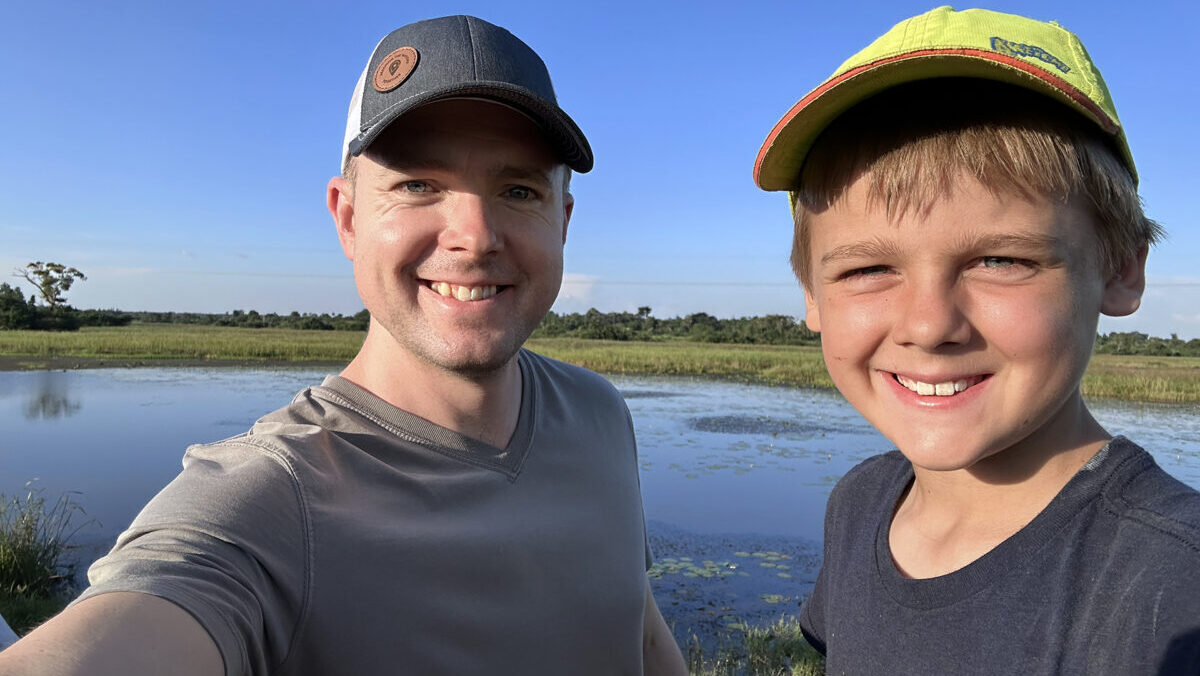The laundry list of the issues current youth pastors and youth leaders have to deal with is long. This generation of youth deals with questions previous generations didn’t face, and youth leaders are asking for help.
“Student pastors are concerned because they want to help teenagers live for Jesus and be culture-shaping influencers in their world,” said Ben Trueblood, director of student ministry for Lifeway Christian Resources. “They are concerned because parents are concerned and asking them questions about how to have conversations at home.”
Scott Pace, associate professor of pastoral ministry and preaching dean of the College at Southeastern in Wake Forest, North Carolina, and Richard Ross, senior professor of student ministry for Southwestern Baptist Theological Seminary in Fort Worth, agree that students are very concerned about these issues and are eager to learn how to address them.
Pace said the questions he gets from these future student ministers involve “some of the practical issues of balancing grace and truth and how to maintain biblical convictions while demonstrating personal compassion.”
Help available
There are resources and training that can help those leading the youth of today.
Southeastern Seminary, Southwestern Seminary and Lifeway Christian Resources are all diligently working to provide what these leaders need in order to minister effectively.
Both Southeastern and Southwestern have designated programs and classes to train future youth ministers. Each seminary has a course called “Issues in Student Ministry,” which addresses the above issues, as well as other classes that prepare future leaders to tackle the topics.
The topics addressed in the “Issues in Student Ministry” class include:
- Stress and anxiety.
- Loneliness.
- Depression and suicide.
- Cutting and mutilation.
- Divorce of parents.
- Emotional, sexual and physical abuse.
- Heterosexual and homosexual misbehavior.
- Pregnancy before marriage.
- Pornography.
- Gender identity issues.
- Substance and alcohol abuse.
- Fear and violence.
- Bullying.
Youth leaders face additional issues today that they did not have to address in the past.
Levels of questions
“A senior pastor might come to class wondering, ‘How do I offer pastoral care to a teenager using surgeries and hormones to try [to change their] gender?’” Ross commented.
“A student pastor would care about that as well,” he continued. “But the student pastor would have additional questions, such as: ‘When that student is halfway through the medical procedures, which cabin does that student stay in at camp?’ ‘Which home group [does the student join] during DiscipleNow weekend?’ ‘Which restroom in the youth area does that person use?’”
“Student pastors have questions about other issues: ‘When we put four students in a hotel room, what do I do with the student struggling with same-sex attraction?’ ‘When two boys hold hands during a Bible study, do they have to leave the group?’” he added. “Student pastors have many valid questions and issues beyond what other pastors and leaders must consider.”
Context
Trueblood believes the “best way to address difficult issues is within the context of a relationship, within a small group where students feel comfortable enough to take the leap of vulnerability in asking their real questions. The downside of this though, is that many leaders don’t feel knowledgeable enough or equipped enough to tackle issues like [these].”
Pace agreed that small groups give opportunities for discussion and personal interaction.
Ross suggested another approach.
“Those topics can easily be addressed in a comprehensive student ministry, especially in an intensive weekly discipleship process,” he said. “Regular seminars for parents and events that bring families together [also work well to address challenging issues].”
Many churches, however, don’t have an extensive student ministry and are staffed with volunteers.
“The reality of student ministry is that there are far more volunteer leaders than there are paid staff,” Trueblood explained. “The typical student ministry leader is a volunteer, probably a parent, who leads a small group of students at a local church.”
Training and resources
For those who haven’t had formal training in student ministry, there are other resources to help.
Southwestern now offers a certificate in student ministry that can be accessed virtually on the learner’s schedule. Any student pastor, volunteer or parent is eligible. For more information, go to swbts.edu/degree/certificate-in-student-ministry-leadership/.
Southeastern sponsors and helps coordinate Conclave, an annual training event that connects, encourages, and trains student ministry leaders. It meets every January in Chattanooga, Tennessee. To find out more, go to ymconclave.org.
Lifeway Christian Resources also has resources for student leaders.
“Think Biblically” and “Chasing Love,” both books by Sean McDowell, are resources that Trueblood recommends to leaders who are seeking to address these challenging contemporary issues. Another resource, “Parent Partner,” helps student pastors equip parents to build relationships and have spiritual conversations in the home, he said.
“Additionally, we have a new resource releasing this summer called Hify that is designed to help student ministries create a relationally focused ministry that sets the foundation for teenagers to have real conversations resulting in the discovery of real identity and true belonging in Christ,” Trueblood added.
For more information about this resource, visit myhyfi.com.
Furthermore, because youth leaders need ongoing support, Lifeway has created the Youth Ministry Booster, a membership program that asserts on its website, “By collaborating in a caring online community with hundreds of other youth ministers like you, you’ll be able to ask questions, connect with other members, sharpen your skills and keep a little more of your calling, passion and sanity intact!” More information is available at youthministrybooster.com.








